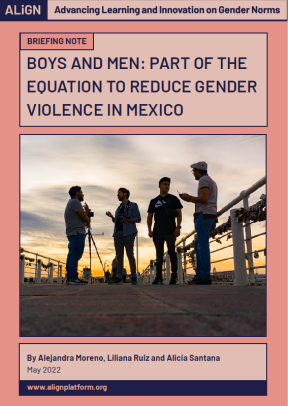- Briefing paper
- 4 juillet 2022
Educating men and boys about masculinities in India to address violence against women and girls
- Author: Fiona Vaz, Peny Rahmadhani, Rizki Amalia Affiat
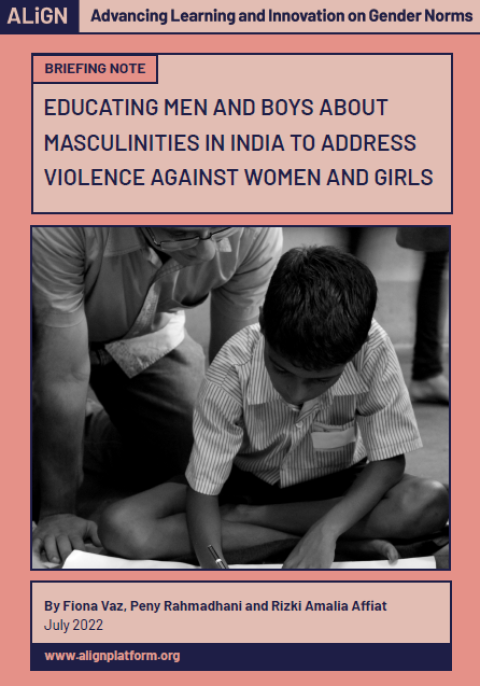
This research, conducted by InteGRAL, explores what works to address violence against women and girls (VAWG) while working with men and boys in India. For this study, existing research in the area was explored including learnings from four organisations across India who work with men and boys. Through interviews and focused group discussions with staff and beneficiaries, insights were analysed and compiled into a visual toolkit which has the potential to be utilised by similar organisations in the future working towards developing an alternative masculinity. The alternative visions of masculinity identified in this research include the idea of a man who rejects violence as a norm, is self-aware, appreciates diversity in others and contributes to the private domain of the family. These visions are grounded in Indian feminist struggle that challenges gendered labour, violence and the view that sex and gender are the same, static and biologically determined.
Key findings:
- Various interventions that aim to effect norm change among men and boys introduce multiple realities of gender and sexuality in an attempt to challenge the dominant cultural concept of masculinity. This concept includes male privileges and the complex power dynamic that serve as norm maintainers for discrimination and violence against other genders.
- The long-term success of norm-change initiatives indicates the need to address multi-level challenges from transforming individual behaviours and social relations, to structures. While changes in personal attitudes might form the building blocks for more gender equitable societies, resistance in the patriarchal structure of authorities could hinder systemic transformation. Therefore, effective masculinity education must engage with citizen action to address VAWG at the local level.
- In reframing norms, education strategies need to foster an alternative vision of masculinity that is embedded in the regional context. The findings show that this can be done in various ways, including through the use of local feminist histories, local role models and local cultural references.
- The alternative visions of masculinity identified in this research include the idea of a man who rejects violence as a norm, is self-aware, appreciates diversity in others and contributes to the family. These visions are grounded in Indian feminist struggle that challenge gendered labour, violence and the negation of physical differences.
• The key to masculinity norm change is to build on changes that are already happening through alliances with the men and boys who have strong gender-equitable attitudes. Alliances of this kind present an opportunity to reach a wider audience more rapidly. It must include efforts to assess the programme implementation, impact and follow-up to sustain long-term engagement with programme participants.
This report is an output from the third round of ALIGN's micro-granting facility which provides organisations and individuals with grants for research and learning. See more about this round of funding.
About InteGRAL
InteGRAL, Intersectional Gender Research Advocacy and Learning is a gender-focused research firm
based in India and Indonesia with a focus on Asia. We combine our lived experiences and academic
insights to help create a more gender equitable world. Established in 2020 during the global Covid-19
pandemic, we have, through our research, tried to contribute to the conversation around how a more
feminist world can be shaped.
Website: integral-asia.org
- Countries / Regions:
- India
2 November 2020
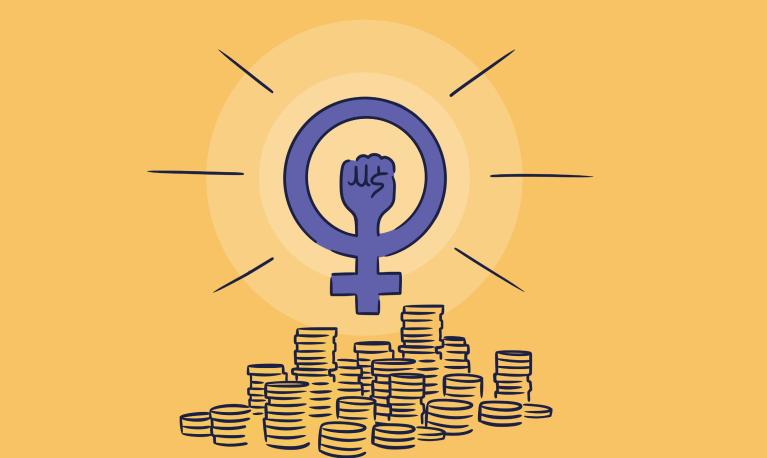
ALIGN's micro-grant scheme provides small funding grants to individuals and organisations with the aim of generating new research, synthesis and brokering to better understand various aspects of…
Briefing paper
2 novembre 2022
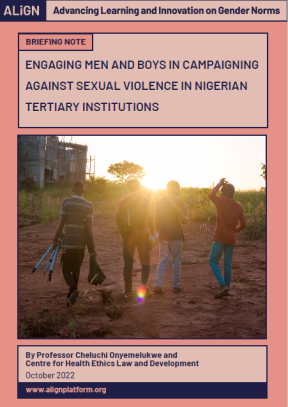
Briefing paper
30 septembre 2022
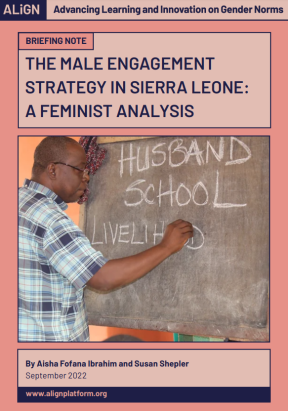
Briefing paper
1 juin 2022
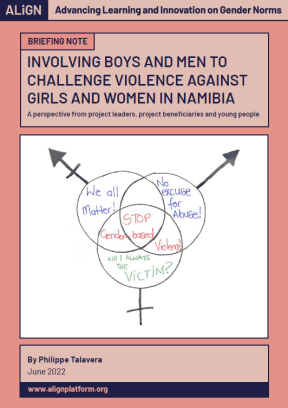
Briefing paper
23 mai 2022
